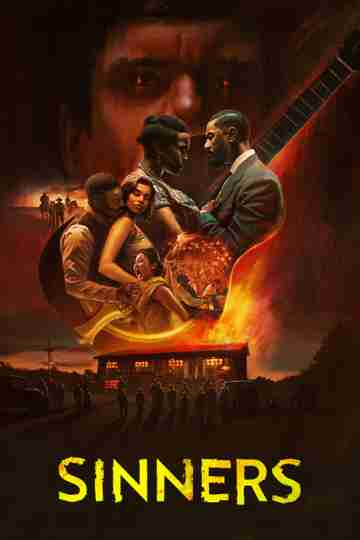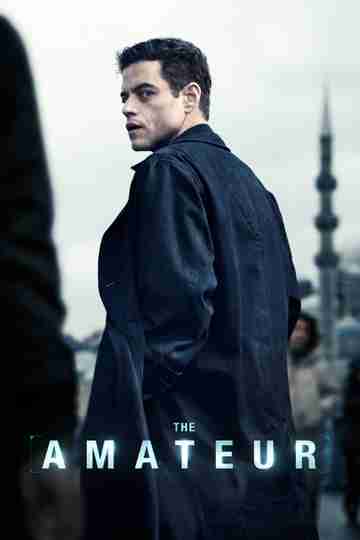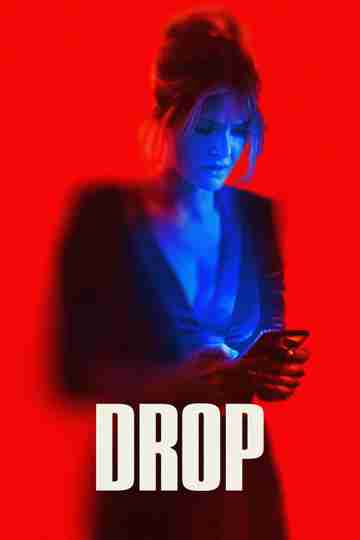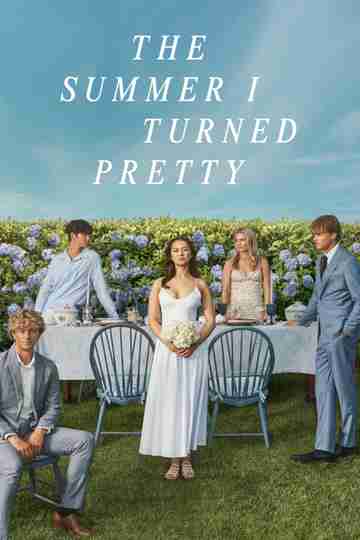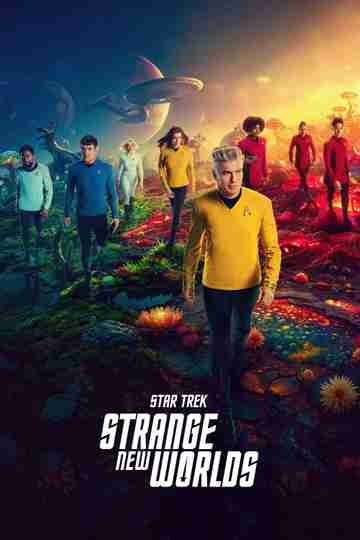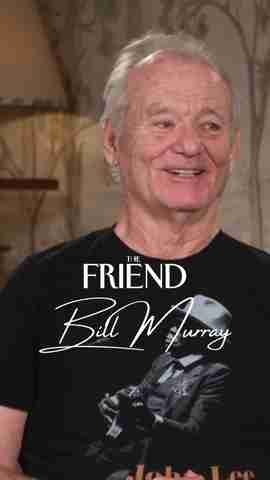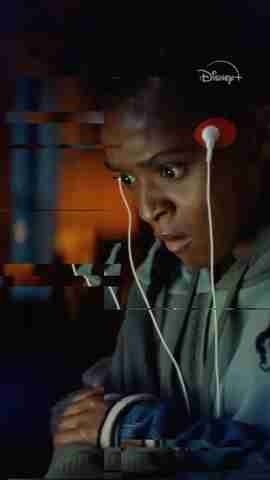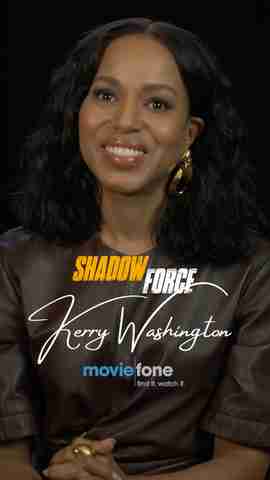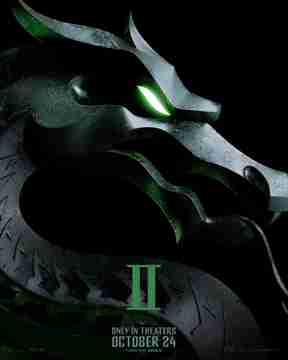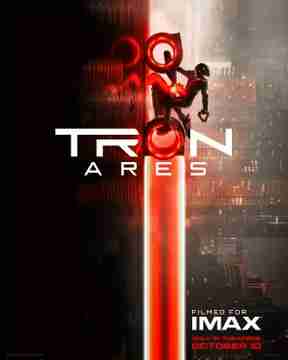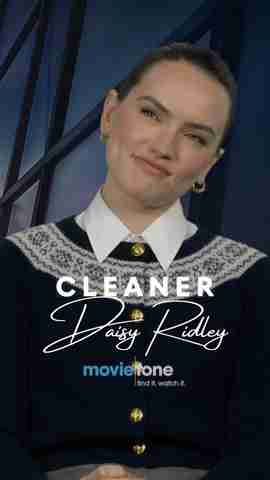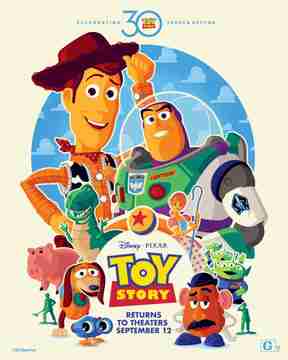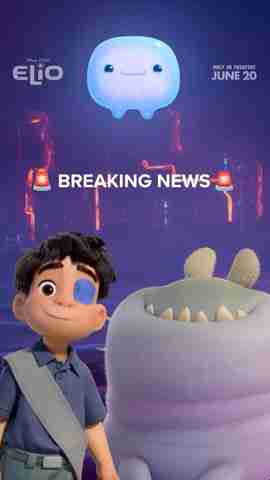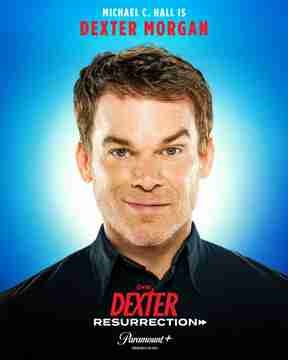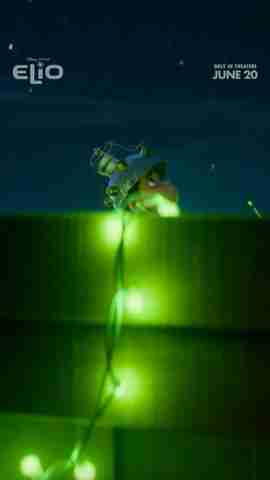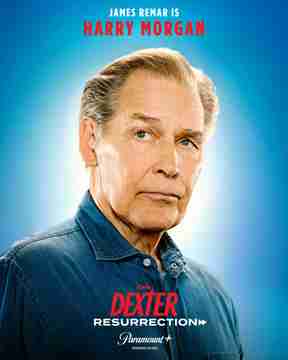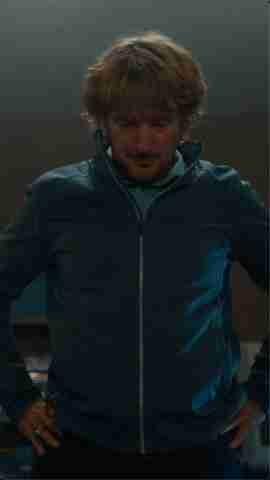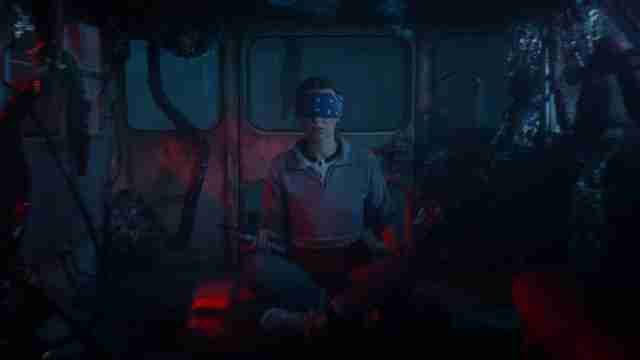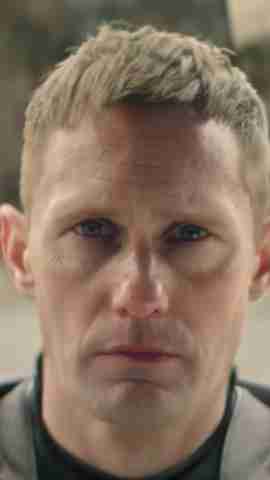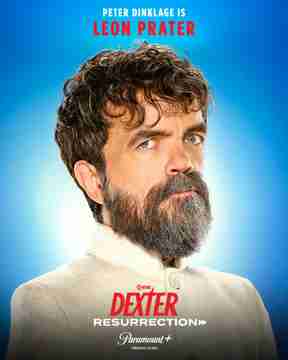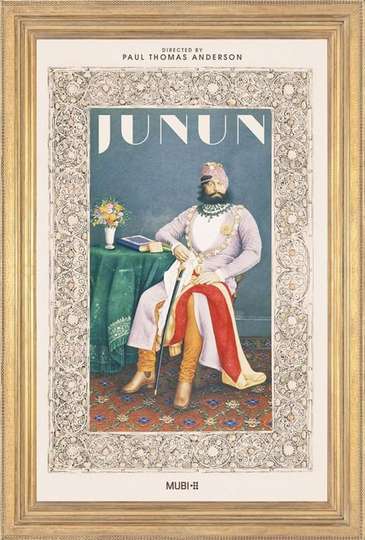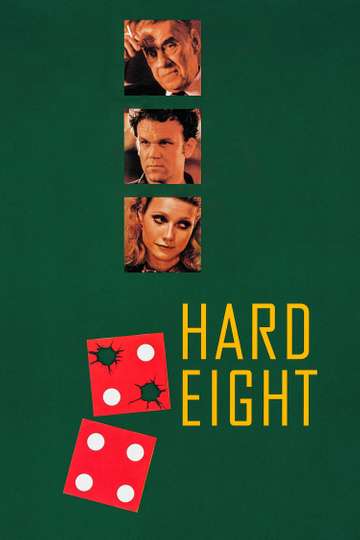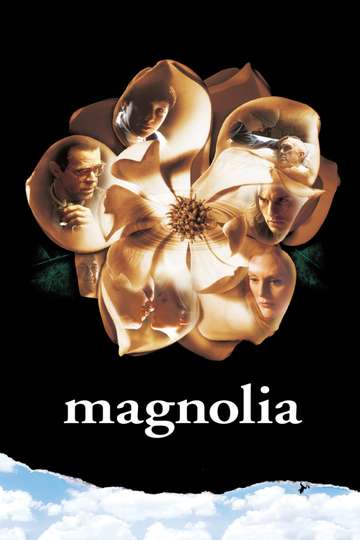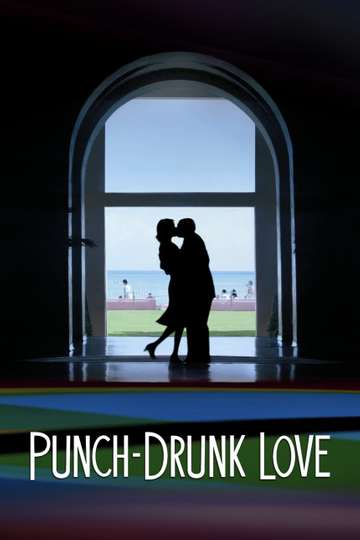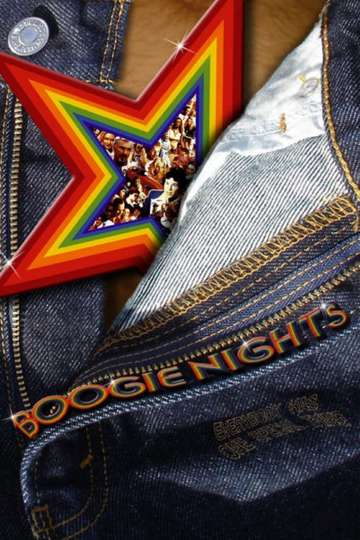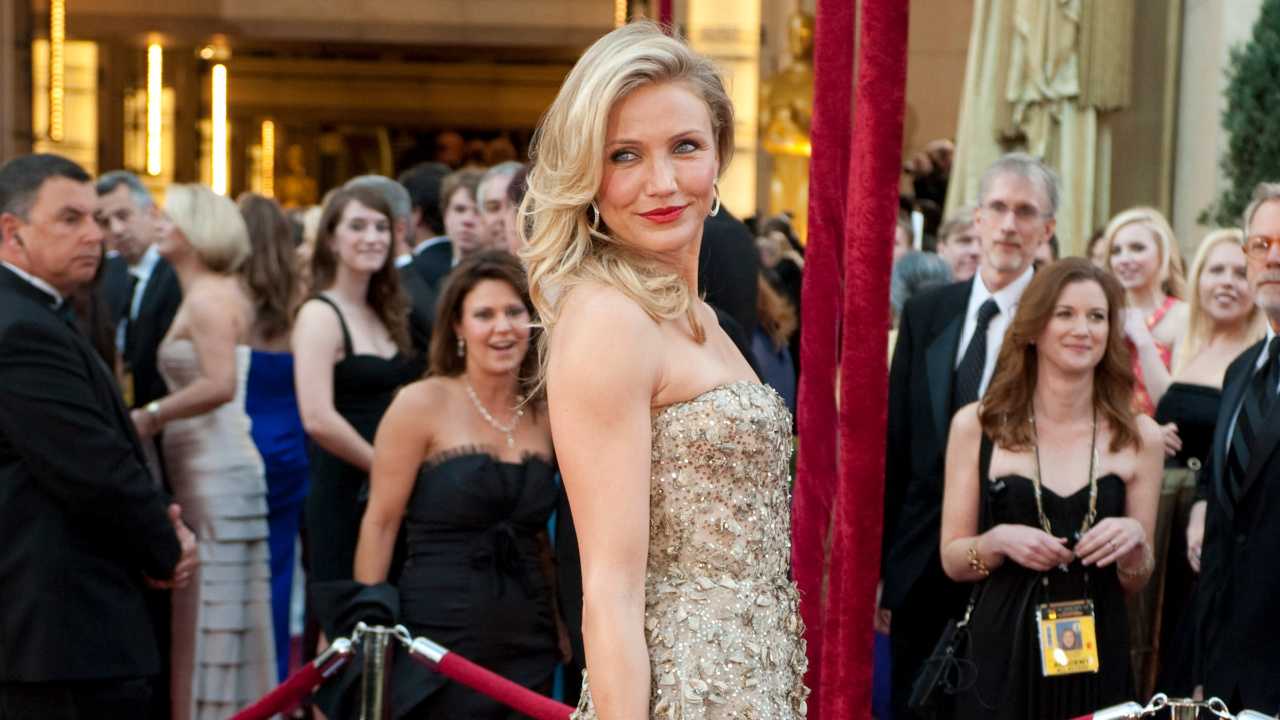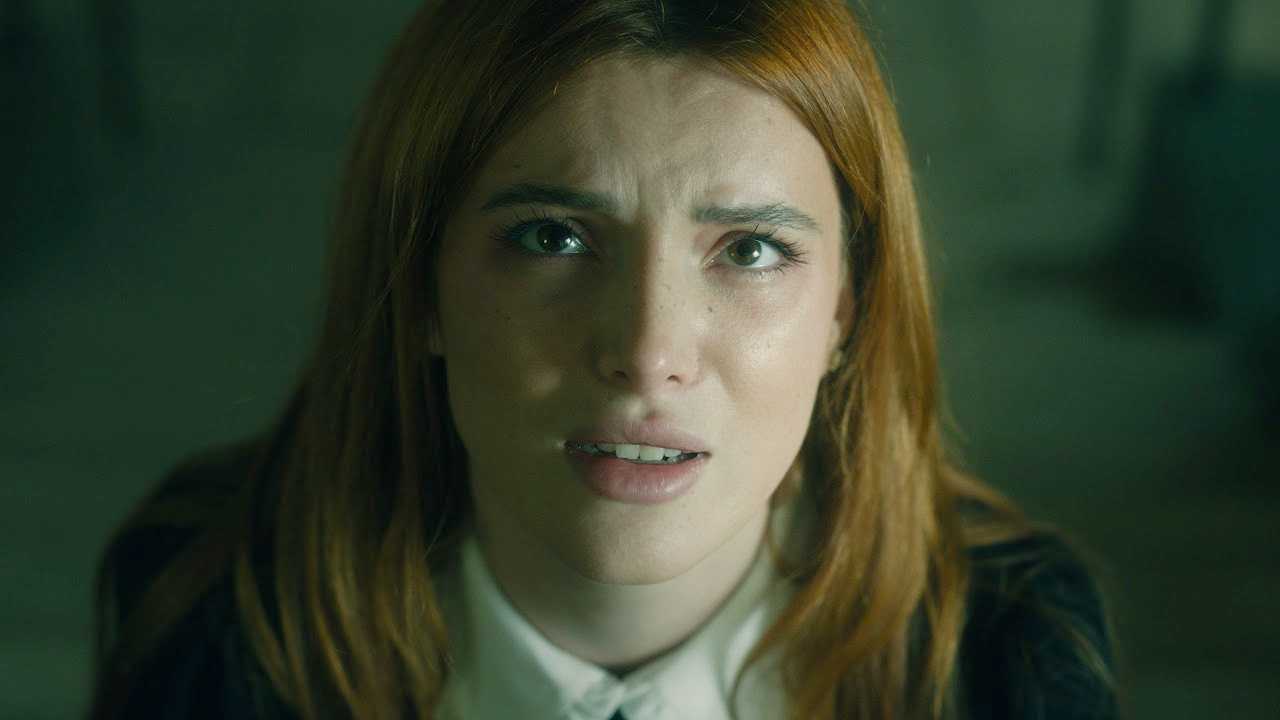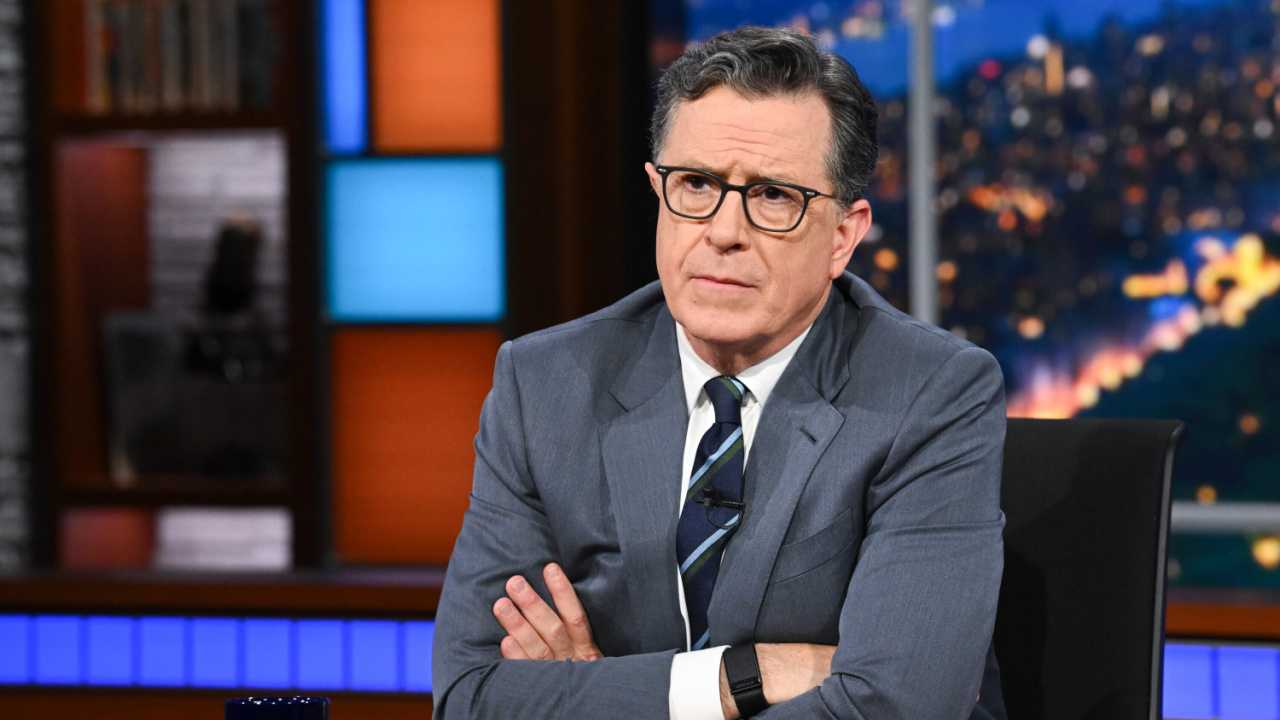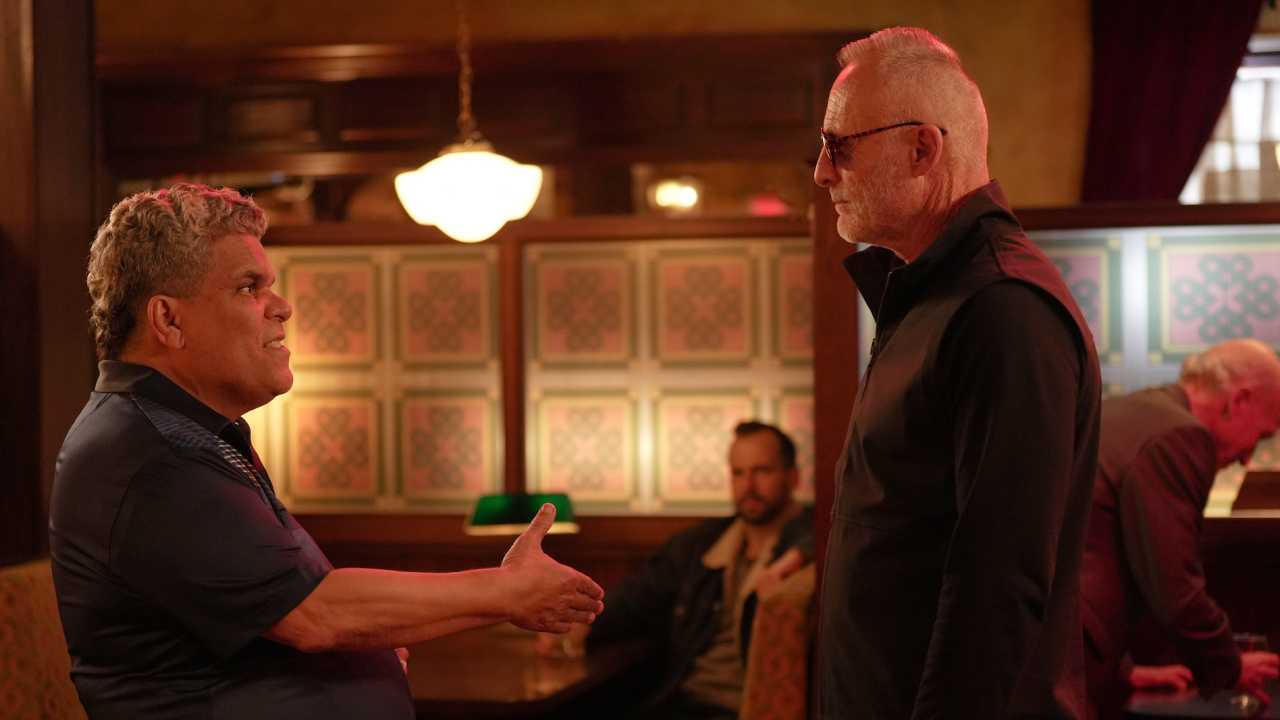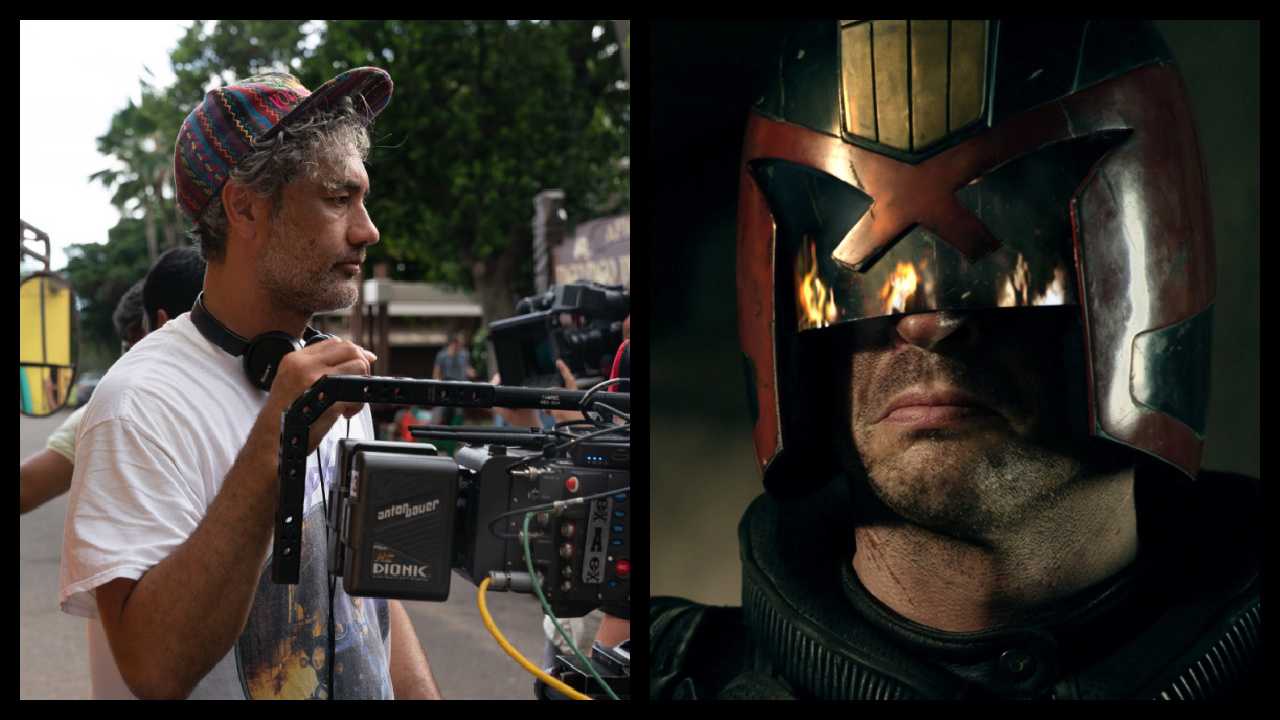Every Paul Thomas Anderson Movie, Ranked
Talented director Paul Thomas Anderson is one of the best in his field. We ranked the best movies he directed for you.

Watch the new movie of Paul Thomas Anderson, 'Licorice Pizza', set in the San Fernando Valley in the 1970s on November 26, 2021.
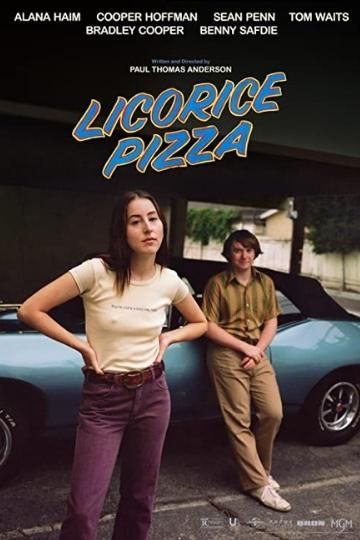
'Junun' (2015)

Ghoulardi Film Company
If you've never heard of “Junun,” don't worry: It's a 54-minute documentary chronicling the making of an album by Anderson's frequent artistic collaborator (and full-time Radiohead guitarist) Jonny Greenwood. What makes the movie so intoxicating is that it was a collaborative album, made with Indian artists, at the Mehrangarh Fort in Rajasthan, India. (It's one of the largest forts in India.)
In terms of new ground, this doesn't break much. Instead, it's all about the creation of this album, which draws inspiration from the distant past and cultural identity of a very specific place, but with updated sounds and ideas (plus Greenwood's restless creative tinkering). Anderson captures all of this beautifully, of course, with clear-eyed and clinical precision that never shies away from being both artful and soulful. It's not essential, but you should see it if you can.
'Hard Eight' (1997)

The Samuel Goldwyn Company
PTA's first feature is a beautiful little character piece that never got the attention it deserved. Philip Baker Hall plays a gambler who takes a young protege (John C. Reilly) under his wing. Along the way, Reilly falls in love with Gwyenth Paltrow and is menaced by Samuel L. Jackson. It's a simple story, told elegantly and with an emphasis on mood and atmosphere.
It might seem like a minor work, compared with the scope and scale of what he'd tackle later, but “Hard Eight” is a brilliant film; it's equal parts crime saga and family drama, and clearly the work of a filmmaker who would go on to genuinely great things. Seek it out.
Hard Eight
'Inherent Vice' (2014)

Warner Bros.
The only big screen adaptation of a Thomas Pynchon novel, “Inherent Vice” is a psychedelic swirl of detective story conventions, far-out characters, and zany comedy. It's totally brilliant and nearly impenetrable. (Not that anyone ever enjoyed a movie because they understood it.) It starts out simply enough, with private detective Doc Sportello (Joaquin Phoenix in a role originally slated for Robert Downey, Jr.) being visited by his ex-flame (Katherine Waterston) and asked to take on a case involving her new love (Eric Roberts).
From there, things blossom and mutate and there is just so much going on, with so many wacky characters, that it's hard to keep track of. While the constant confusion is somewhat cumbersome at first, by the end you should just give into the gonzo strangeness and its accompanying pleasures.
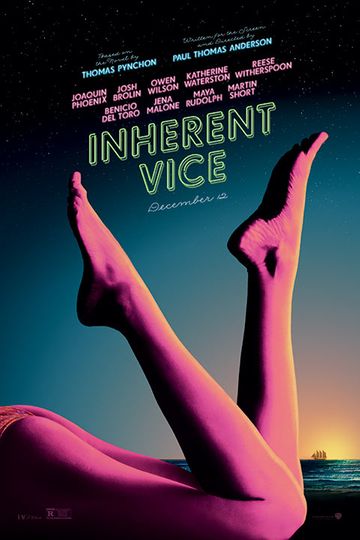
'The Master' (2012)

Annapurna/Weinstein Company
“The Master” seemed, from the outset, like Anderson's biggest gamble: a pricey period piece based, in part, on the embattled founder of Scientology L. Ron Hubbard. What the movie ended up being, though, was both stranger and more conventional than we could have imagined. More conventional in the sense that it is, more or less, the story of a father figure (Philip Seymour Hoffman, in his greatest role) and the wayward son he picks up along the way (Joaquin Phoenix). Less conventional in the sense that the movie has many flights of fancy and often veers into strange and unexplored territory that defies explanation or easy categorization.
It feels very much like a companion piece to “There Will Be Blood,” both because its climax is similar (maybe too similar) and because it investigates America in some pretty raw and profound ways. Amongst other things, it's about faith, belief, the psychic scars of battle, and what a national treasure Laura Dern is. Elliptical and somehow familiar, “The Master” feels like its still unfolding.
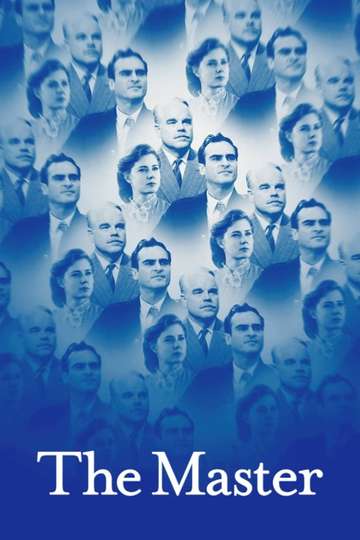
'Magnolia' (1999)

New Line Cinema
After “Boogie Nights” became a buzz-worthy indie smash, New Line Cinema gave Anderson total freedom on its follow up. How he spent that blank check was “Magnolia,” a Robert Altman-indebted, quasi-mystical ensemble drama that featured overlapping stories, biblical references, and one of the finest Tom Cruise performances ever. This is Anderson in his most dazzling, overreaching mode -- messily grabbing at themes and recurring motifs, and pushing his actors and audience to the limit (its butt-numbing runtime was 188 minutes).
What makes “Magnolia” so powerful, though, is that, no matter how far-reaching or oversized it becomes, there's always something identifiably human in there. This mostly has to do with the uniformly excellent cast (too long to name here) and the big heart at the center of “Magnolia.” For all its visual and structural pyrotechnics, the most awe-inspiring thing about the movie is how sweet it is.
Magnolia
'Punch-Drunk Love' (2002)

Sony
Anderson channeled Antonioni and, of all things, Altman’s failed “Popeye” adaptation, in the story of Barry (a never-better Adam Sandler), a man who makes novelty plungers, collects airplane miles on the back of pudding packages, calls phone sex hotlines and desperately wishes to fall in love. After running afoul of some Mormon tough guys, Barry decides to more deliberately pursue his crush (Emily Watson), to dreamy (and then disastrous) results.
At a svelte 95-minutes and anchored by one of the most successful performers in the country (at the time), it felt like a rebuttal to what some perceived as the bloated nature of his earlier work. (Occasionally, things seem cut a little too close to the bone.) Almost achingly beautiful, with interstitial animation work by Jeremy Blake (who would take his own life a few years later), this is PTA at his most woozily romantic.
Punch-Drunk Love
'Phantom Thread' (2017)

Focus Features
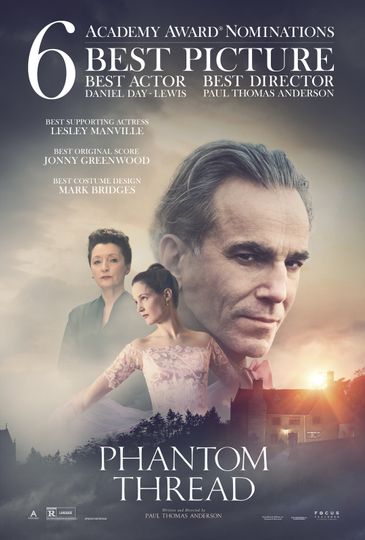
'Boogie Nights' (1997)

New Line Cinema
The movie that put Anderson on the map is also one of his most purely enjoyable features, a glittery whirling disco ball of emotion, violence, sex and music. In fact, looking back on “Boogie Nights,” it's hard to imagine that Anderson -- now known for his patience and long, drawn out sequences of eerie stillness -- is the same filmmaker behind all of these swirling camera moves and feverish whip pans. In what is essentially an unauthorized and fictionalized biography of porn star John Holmes, Mark Wahlberg stars as Dirk Diggler, a kid who rises in the seedy 1970's adult film industry before crashing (spectacularly) as the industry changed.
PTA brought vivid life to a period and setting that, at the time, was nearly threadbare, packing the story with exuberance and emphasis on character (the unbelievably starry cast includes Burt Reynolds, Don Cheadle, John C. Reilly, William H. Macy, Julianne Moore, Heather Graham, and Philip Seymour Hoffman). The only time “Boogie Nights” feels less-than-spectacular is when Anderson's reference points become too explicit and you start playing “where'd he steal that shot from?”
Boogie Nights
'There Will Be Blood' (2007)

Paramount Vantage/Miramax
Anderson's magnum opus, loosely based on Upton Sinclair's novel “Oil!,” is an unstoppable masterpiece that, ten years later, still leaves us gasping for air. The story of a self-made oil baron (Daniel Day Lewis in a truly tour de force performance), his rivalry with a local preacher Paul Dano), his strained relationship with a handicapped son and his uneasy bond with an estranged brother (Kevin O'Connor), “There Will Be Blood” never slows down and never stops.
It's a rich character study that also seems to be about the formation of America itself, from its altruistic beginnings to its flawed Capitalist eventuality. With “There Will Be Blood,” PTA made a movie that indulged in those fascinations while becoming something bigger, bolder, weirder, and more resonant than anything he had crafted before (or since).
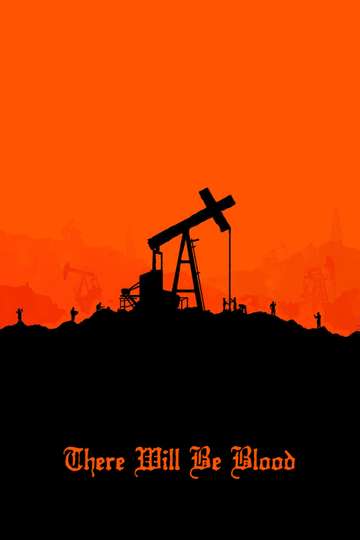
There Will Be Blood

